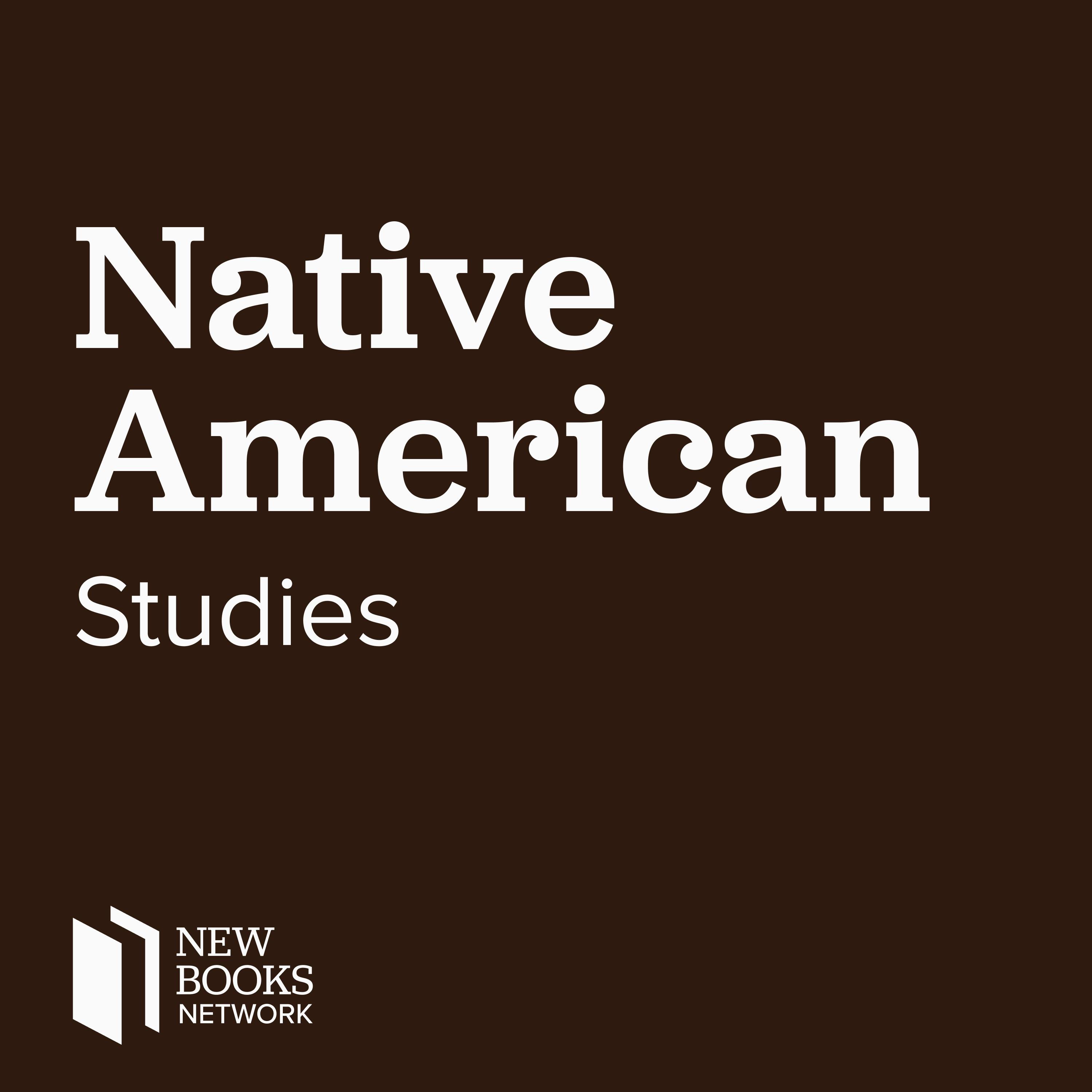John William Nelson, "Muddy Ground: Native Peoples, Chicago's Portage, and the Transformation of a Continent" (UNC Press, 2023)
Description
The birchbark canoe is among the most remarkable Indigenous technologies in North America, facilitating mobility throughout the watery world of the Great Lakes region and its borderlands. In Muddy Ground: Native Peoples, Chicago's Portage, and the Transformation of a Continent (UNC Press, 2023), Texas Tech University historian John William Nelson argues that canoes, and a deep understanding of portages sites where canoes could be carried between waterways, helped secure the region around Chicago as decidedly Native space until well into the nineteenth century. By using the methodologies of borderlands history, ecotone and environmental history, and Indigenous Studies, Nelson demonstrates how the story of Chicago's array of portages runs counter to traditional narratives of the inexorable growth of European and American power in North America from the seventeenth century onwards. Indeed, the more colonizers tried to maintain a grip on this slipper landscape, the more it seemed to slide through their grasp. In Muddy Ground, Nelson takes one of the most written-about American spaces - Chicago - and turns the usual narrative on its head, showing how until settlers could actively change Chicago's landscape, it would remain a place of Indigenous power and historical possibility.
Learn more about your ad choices. Visit megaphone.fm/adchoices
Support our show by becoming a premium member! https://newbooksnetwork.supportingcast.fm/native-american-studies
More Episodes
Historians of the American South have come to consider the mechanization and consolidation of cotton farming—the “Southern enclosure movement”—to be a watershed event in the region’s history. In the decades after World War II, this transition pushed innumerable sharecroppers, tenant farmers, and...
Published 04/28/24
How do bureaucratic documents create and reproduce a state’s capacity to see? What kinds of worlds do documents help create? Further, how might such documentary practices and settler colonial ways of seeing be refused?
Settler Colonial Ways of Seeing: Documentation, Administration, and the...
Published 04/23/24
The past several decades have seen a massive shift in debates over who owns and has the right to tell Native American history and stories. For centuries, non-Native actors have collected, stolen, sequestered, and gained value from Native stories and documents, human remains, and sacred objects....
Published 04/18/24


